What are economic agents? economic agents are actors who intervene in the economy under certain rules determined by the economic system and economic institutions. They make decisions trying to resolve an optimization or choice problem. In this process, they mold the economy; for example, they decide the distribution of goods and services, taxes, laws, tariffs, etc.
Another definition of economic agents, also known as economic actors, considers them as decision makers who are able to recognize different economic factors, incentives, and motivations of the different economic groups.
The concept of “economic agents” was created by economists to simplify and explain economic processes. As a concept, it was first used in classical and neoclassical models where economists construct a simplified framework representing the economic process by a set of variables and a set of logical relationships between them.
What are the four economic agents? In general, economists consider three or four types of economic agents:

Families are a domestic group defined by the U.S. Census as “a group of two people or more (one of whom is the householder) related by birth, marriage, or adoption and residing together; all such people (including related subfamily members) are considered as members of one family”.
Families consume, work and save. They consume to satisfy their necessities, they save for greater future consumption, they borrow to advance consumption, and they work (sacrificing leisure) to be able to consume. Their income is distributed in consumption, savings, and taxes.
They have a dual role in the economy. On one side, they are consumers, they demand goods and services; and on the other, they own the means of production through which the goods and services are produced.
Economic agent: firms
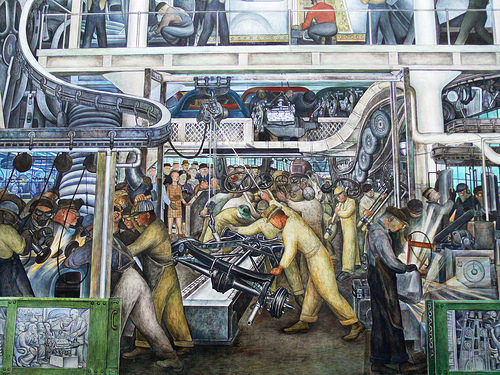
Firms try to maximize their utility (economic benefits) for their shareholders. To achieve this, firms use factors of production (land, labor, and capital) to produce goods and services, creating value and wealth.
They demand labor from families for a salary, and also employ capital (machines, vehicles, computers, etc) in exchange for interest, and land for rent. Finally, They offer goods and services for families, other firms, or the government.
Economic agent: government
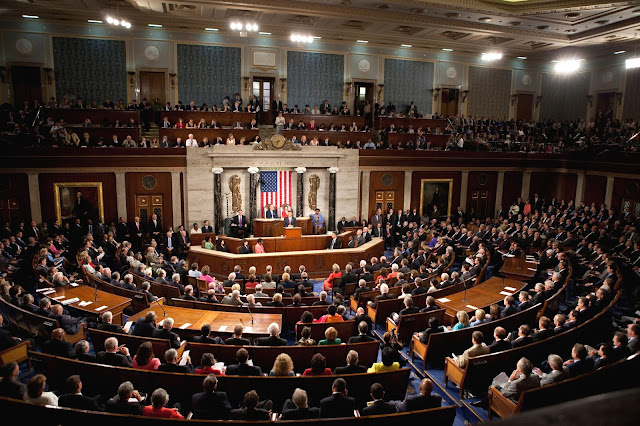
Governments provide most of the rules for how the rest of the economic agents should interact. They offer goods and services (mostly public goods and services like roads or national security) through national companies or in association with private firms.
Governments demand goods from firms and labor from families. But also they tax them based on their income, profits, wealth, etc.
They can regulate prices, limit or prohibit the consumption of certain goods, create tariffs, on imports, incentivize production, etc. Finally, they distribute the wealth through social services in education, health, and poverty programs.
Economic agent: Central Banks
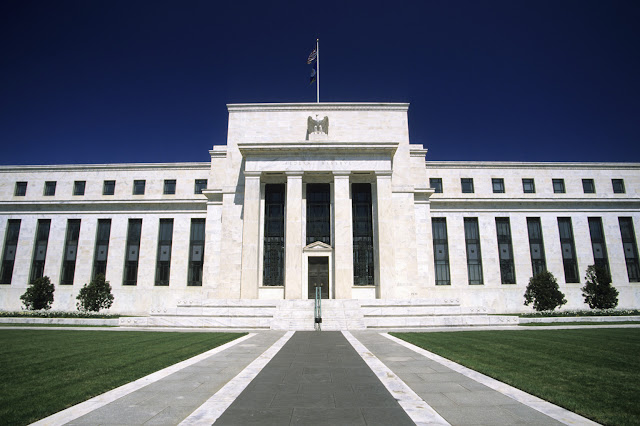
Central Banks manage the country’s currency, money supply, and interest rates. Through monetary policies, they can increase the money supply in the economy or modify the interest rates to incentivize or disincentivize consumption, savings, or investments.

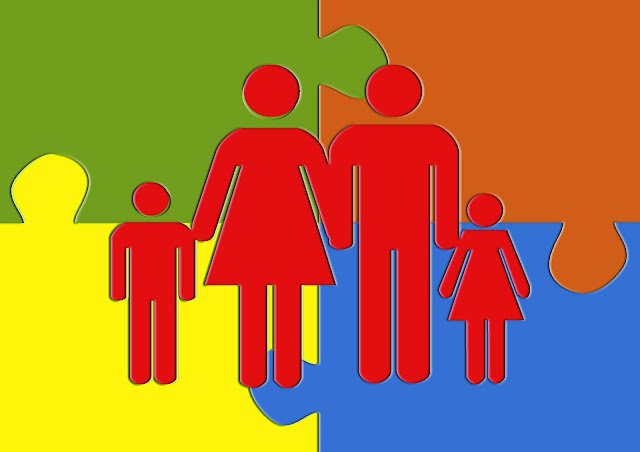

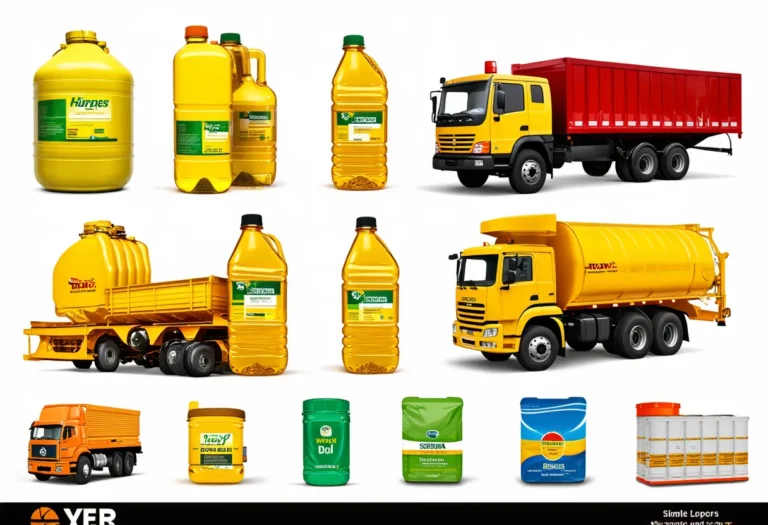

Leave a Reply